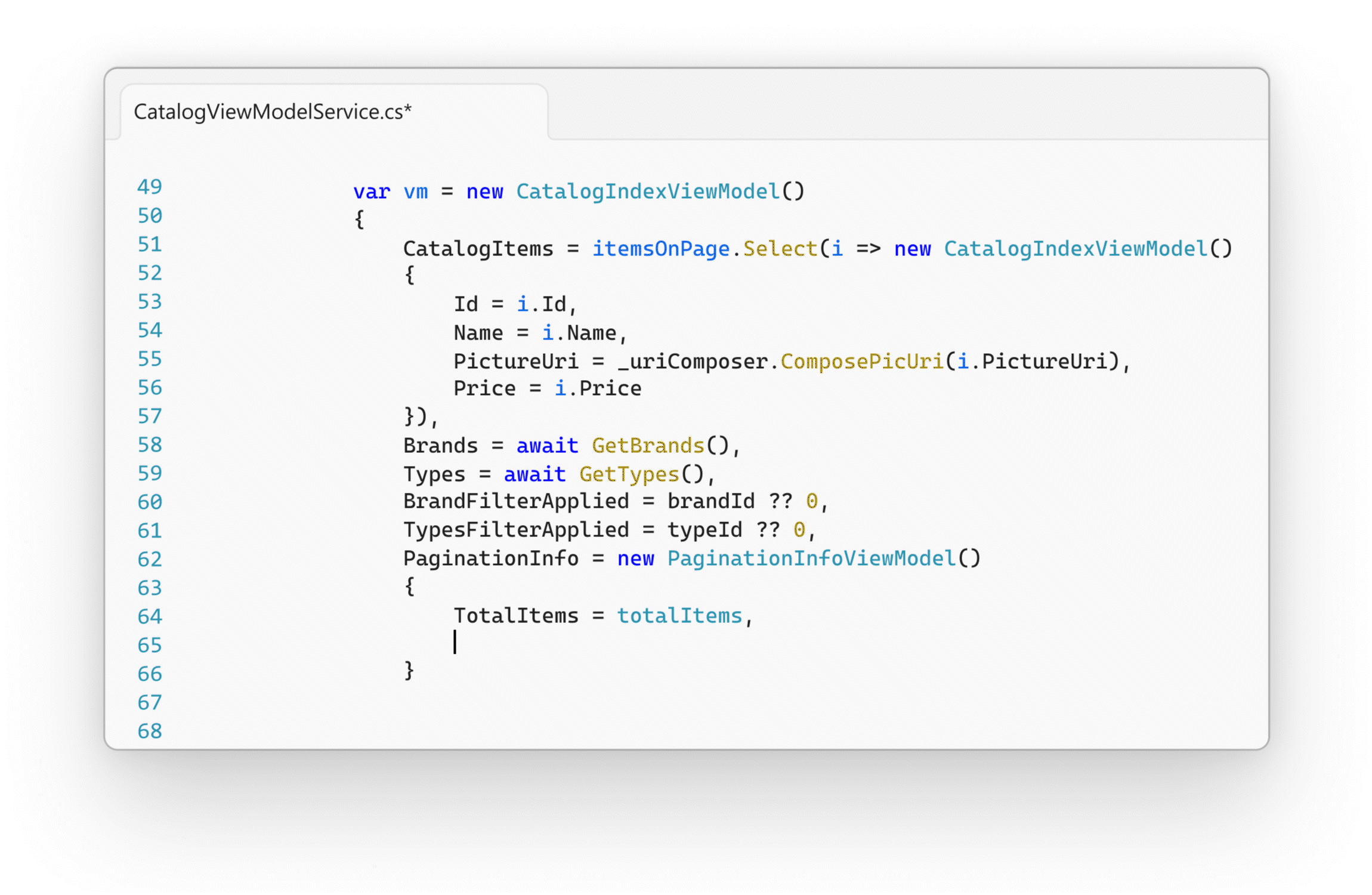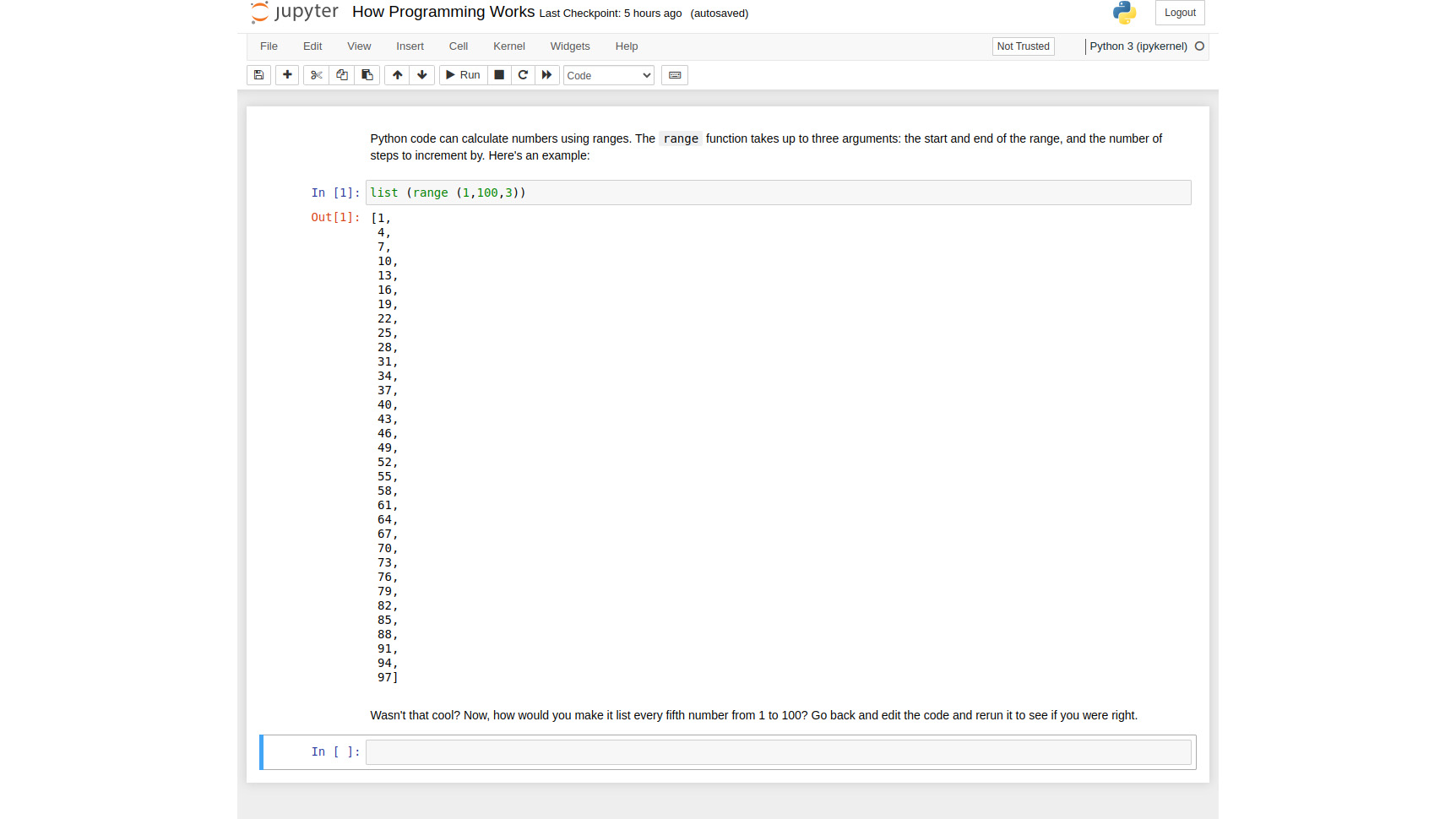Microsoft Visual Studio 2022 and .NET 6 now generally available
The environment introduces new features aimed to help developers build reliable apps more quickly


Microsoft has announced the worldwide general availability of the Visual Studio 2022 (64-bit) integrated developer environment (IDE) and the .NET 6 software development framework.
Visual Studio 2022 brings with it a number of improvements to excite developers. It's Microsoft's first 64-bit version of the IDE and it means developers can now harness their machine's full hardware capabilities to reliably handle bigger, more complex projects - and even more projects at once, should they need to.
Microsoft has introduced a swathe of new features to Visual Studio 2022 but one of the headline capabilities is Hot Reload. The feature is available on other programming frameworks like Google's Flutter, but Hot Reload is now available for .NET and C++, streamlining developer workflows.
Hot Reload allows developers to make changes to their code and quickly refresh their app to see how those changes affect the app. It can help identify and remediate bugs or errors much quicker than before when developers would have to fully restart the app's build, something which can take some time and generally get in the way of productivity.

"Regardless of the type of app you’re working on, our goal with Hot Reload is to save you as many app restarts between edits as possible, making you more productive by reducing the time you spend waiting for apps to rebuild, restart, re-navigate to the previous location where you were in the app itself, etc," said Dmitry Lyalin, principal program manager, .NET (Hot Reload, XAML Tooling & .NET MAUI) at Microsoft.
"We accomplish this by making it possible for you to edit your applications code files and apply those code changes immediately to the running application, also known as Hot Reload”.
To further assist developers in quickly identifying app-breaking code errors, improvements to the IDE's debugger have been made as well as another of the headline features, IntelliCode.
Get the ITPro daily newsletter
Sign up today and you will receive a free copy of our Future Focus 2025 report - the leading guidance on AI, cybersecurity and other IT challenges as per 700+ senior executives
IntelliCode is an AI companion to help developers compose their apps. IntelliCode can help complete lines of code by predicting what the developer wants to achieve as they start typing - just two clicks of the tab key accepts the suggestion. The new feature will analyse the developer's codebase to understand the different variable names, functions, and types of code they're writing.
IntelliCode will also parse the codebase to suggest edits and fixes for code samples are that are either faulty or sub-optimal.
RELATED RESOURCE

Also announced is the new .NET 6 framework which brings with it language improvements and performance gains that can help decrease the cost of hosting cloud services, according to internal observations.
The latest release marks more than a year of development on the framework and the long-term version will be supported for three years across multiple operating systems including Windows Arm64 and for the first time natively, Apple Silicon. It provides a unified platform across browser, cloud, desktop, IoT, and mobile apps which has been updated to support all types of apps and make it easy for developers to re-use code across apps.
In an extensive blog post detailing the announcement and all of the new features .NET 6 brings, Richard Lander, program manager, .NET team at Microsoft, was keen to draw attention to .NET Multi-platform App UI (MAUI). Lander said "one of the most exciting additions" that .NET 6 affords developers is the new ability to compose code in a single project which can then deliver a modern client app experience across desktop and mobile experiences.
"We’ve put a lot of time and effort into .NET MAUI and are very excited to release it and see .NET MAUI apps in production," he said.

Connor Jones has been at the forefront of global cyber security news coverage for the past few years, breaking developments on major stories such as LockBit’s ransomware attack on Royal Mail International, and many others. He has also made sporadic appearances on the ITPro Podcast discussing topics from home desk setups all the way to hacking systems using prosthetic limbs. He has a master’s degree in Magazine Journalism from the University of Sheffield, and has previously written for the likes of Red Bull Esports and UNILAD tech during his career that started in 2015.
-
 Should AI PCs be part of your next hardware refresh?
Should AI PCs be part of your next hardware refresh?AI PCs are fast becoming a business staple and a surefire way to future-proof your business
By Bobby Hellard
-
 Westcon-Comstor and Vectra AI launch brace of new channel initiatives
Westcon-Comstor and Vectra AI launch brace of new channel initiativesNews Westcon-Comstor and Vectra AI have announced the launch of two new channel growth initiatives focused on the managed security service provider (MSSP) space and AWS Marketplace.
By Daniel Todd
-
 AWS expands language support for Amazon Q Developer
AWS expands language support for Amazon Q DeveloperNews AWS has expanded support for languages in Amazon Q Developer, making it easier for developers to code in their first language.
By Nicole Kobie
-
 AI was a harbinger of doom for low-code solutions, but peaceful coexistence is possible – developers still love the time savings and simplicity despite the allure of popular AI coding tools
AI was a harbinger of doom for low-code solutions, but peaceful coexistence is possible – developers still love the time savings and simplicity despite the allure of popular AI coding toolsNews The impact of AI coding tools on the low-code market hasn't been quite as disastrous as predicted
By Ross Kelly
-
 ‘We’re trading deep understanding for quick fixes’: Junior software developers lack coding skills because of an overreliance on AI tools – and it could spell trouble for the future of development
‘We’re trading deep understanding for quick fixes’: Junior software developers lack coding skills because of an overreliance on AI tools – and it could spell trouble for the future of developmentNews Junior software developers may lack coding skills because of an overreliance on AI tools, industry experts suggest.
By George Fitzmaurice
-
 GitHub's new 'Agent Mode' feature lets AI take the reins for developers
GitHub's new 'Agent Mode' feature lets AI take the reins for developersNews GitHub has unveiled the launch of 'Agent Mode' - a new agentic AI feature aimed at automating developer activities.
By Ross Kelly
-
 Shadow AI is creeping its way into software development – more than half of developers admit to using unauthorized AI tools at work, and it’s putting companies at risk
Shadow AI is creeping its way into software development – more than half of developers admit to using unauthorized AI tools at work, and it’s putting companies at riskNews Enterprises need to create smart AI usage policies that balance the benefits and risks
By Solomon Klappholz
-
 Python just brushed past JavaScript to become the most popular programming language on GitHub – and a key factor is that AI developers love it
Python just brushed past JavaScript to become the most popular programming language on GitHub – and a key factor is that AI developers love itNews The meteoric rise of Python shows no sign of stopping
By Nicole Kobie
-
 JupyterLab review: A powerful tool for documenting your data science journey
JupyterLab review: A powerful tool for documenting your data science journeyReviews Literate programming toolkit takes dynamic code documents to new heights
By Danny Bradbury
-
 GitHub debuts Copilot tool making it easier to give credit to developers
GitHub debuts Copilot tool making it easier to give credit to developersNews Developers to be shown repository and license information for AI-suggested code matches
By Richard Speed